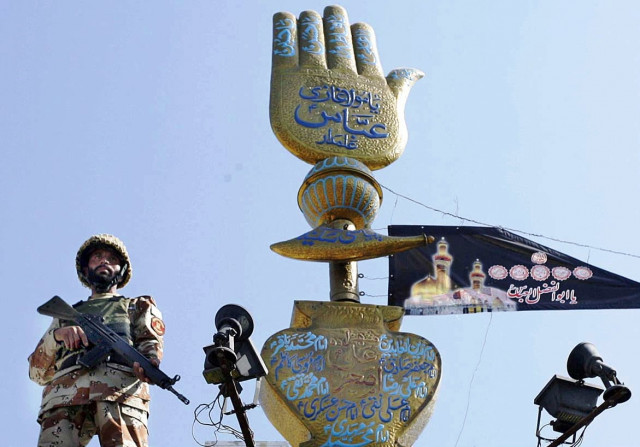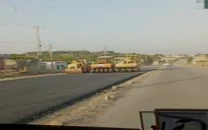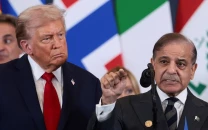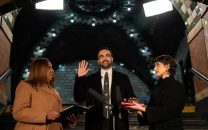Another war
There appears to be no government policy to address the issue of how to combat sectarian conflict.

While plans for increased security, especially for Shias, during these days will have been put in place, the problem is much more deep-rooted and the solution cannot be narrow and short-sighted. PHOTO: APP/ FILE

The coal miners were of the Hazara community that has borne the brunt of sectarian killings in Balochistan. The deputy commissioner of the area said, in a statement, that the men were Shia labourers and that their killings were clearly sectarian. The single survivor of the attack is in the Combined Military Hospital in Quetta. The killers escaped as they invariably do and there are no expectations of an early arrest. Within the last week, there was also an attempt to blow up a convoy of buses carrying Shia pilgrims on the National Highway in Dringar, Mastung, which largely failed, killing two Frontier Corps personnel who were providing security for the pilgrim’ buses. The killings will have ceased to be news almost before the men are buried and this war will continue unabated.
While plans for increased security, especially for Shias, during these days will have been put in place, the problem is much more deep-rooted and the solution cannot be narrow and short-sighted. There appears to be no government policy to address the issue of how to combat sectarian conflict and little or no effort made to catch those of any sect who perpetuate this most costly of wars. Violence can break out in the context of this fight almost anywhere in the country; it is fed by inflammatory sermonising in some mosques on Fridays and there is no nascent peace process now or was in the past. This is our war, its resolution ours to take — or not.
Published in The Express Tribune, November 5th, 2013.
Like Opinion & Editorial on Facebook, follow @ETOpEd on Twitter to receive all updates on all our daily pieces.














COMMENTS
Comments are moderated and generally will be posted if they are on-topic and not abusive.
For more information, please see our Comments FAQ